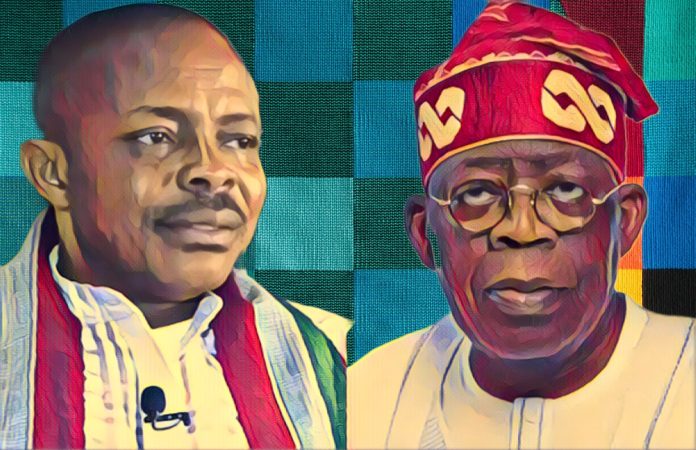The Nigeria Labour Congress (NLC) has warned that it may push for a new minimum wage of up to N1 million for Nigerian workers if the current inflation crisis continues.
The NLC president, Joe Ajaero, said the demand would be influenced by the cost of living, which has been rising since President Bola Tinubu assumed office in 2023, following the removal of fuel subsidies and other policies.
Ajaero said this during an interview with Arise News on Sunday evening, adding that the existing minimum wage of N30,000 would expire by April 2024.
He said the Federal Government ought to have set up a committee six months before the expiration date to commence negotiation, but failed to do so until recently.
He expressed doubt about the commitment and composition of the government team, which includes some governors who are not paying the current minimum wage and a minister who did not implement it as a governor.
Inflation Hits Record High
According to the latest report from the National Bureau of Statistics (NBS), Nigeria’s inflation rate rose to 24.8% in January 2024, the highest since 1999.
The report also showed that food inflation increased to 32.1%, driven by the high cost of staples such as rice, corn, and yam.
The NBS attributed the inflation surge to the devaluation of the naira, which has lost more than 50% of its value against the dollar since 2023, as well as the insecurity and supply chain disruptions caused by the ongoing insurgency in the north-east and the separatist agitation in the south-east.
The inflation crisis has eroded the purchasing power of Nigerians, especially the low-income earners, who spend more than 60% of their income on food.
Many Nigerians have resorted to coping strategies such as reducing the quantity and quality of their food intake, skipping meals, or borrowing money to buy food.
Labour Issues 14-Day Strike Notice
The NLC and the Trade Union Congress (TUC) last week issued a 14-day strike notice to the Federal Government, expressing frustration over its failure to implement a 16-point agreement signed in October 2023.
The agreement aimed to alleviate the suffering caused by the rise in petrol prices and the devaluation of the naira, policies that have increased hardships and inflation.
The unions demanded the government fulfill its obligations within the stipulated 14-day period starting from Friday, February 9, 2024.
Some of the demands include the reversal of the fuel price hike, the provision of palliatives for workers and the masses, the payment of outstanding salaries and allowances, the creation of jobs, and the improvement of security and infrastructure.
Despite the bleak economic outlook, some analysts and experts have expressed optimism that Nigeria can overcome its challenges and achieve sustainable, inclusive, and diversified growth.
They have called for the implementation of structural reforms, such as improving the business environment, enhancing revenue mobilization, strengthening fiscal discipline, promoting human capital development, and fostering regional integration.
They have also urged the government and the labor unions to engage in constructive dialogue and find a common ground that would balance the interests of the workers and the nation.
Source: Punch



